Drinking honey water regularly may have a certain auxiliary effect on fading pigmentation, but it cannot directly remove pigmentation. The formation of pigmentation is mainly related to factors such as ultraviolet radiation, endocrine disorders, and skin aging. Honey water mainly improves skin condition indirectly by supplementing nutrition and promoting metabolism. Honey contains glucose oxidase and phenolic substances with antioxidant properties, which can help reduce free radical damage to the skin. Long term consumption may slow down melanin deposition. Honey water brewed with warm water can promote intestinal peristalsis, accelerate the elimination of metabolic waste, and avoid darkening skin caused by toxin accumulation. It is recommended to choose dark honey varieties, which have higher levels of polyphenolic substances and are more effective when consumed together with fruits with high vitamin C content. When the pigmentation problem is severe, relying solely on honey water is difficult to achieve the desired effect. Insufficient UV protection can continuously stimulate melanin production, endocrine disorders may lead to recurrent melasma, and damage to the skin barrier can exacerbate pigmentation. This kind of situation needs to be intervened with medical beauty means, such as laser treatment or local use of spot essence, and at the same time, regular work and rest and sunscreen care.

Daily consumption of honey water should be controlled in concentration and frequency, as excessive intake may cause blood sugar fluctuations. It is recommended not to exceed 20g per day, and patients with diabetes should use it with caution. To lighten pigmentation, comprehensive conditioning is necessary. In addition to diet, it is also necessary to do a good job of sun protection throughout the year, use skincare products containing niacinamide, tranexamic acid and other ingredients, and ensure sufficient sleep. If the area of the pigmentation suddenly increases or the color deepens, it is necessary to seek medical attention promptly to investigate pathological factors.

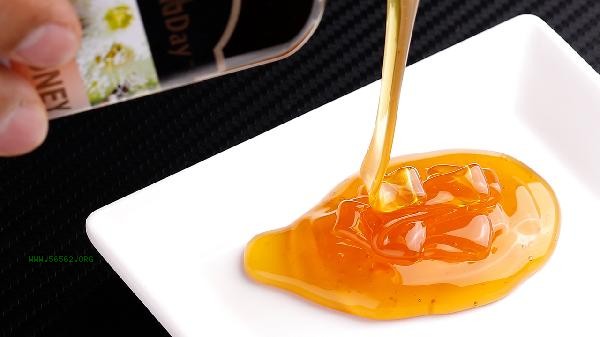

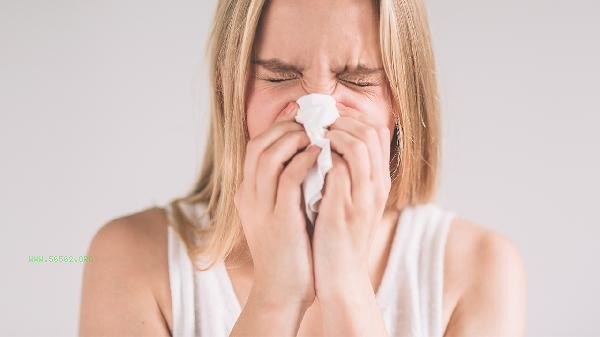

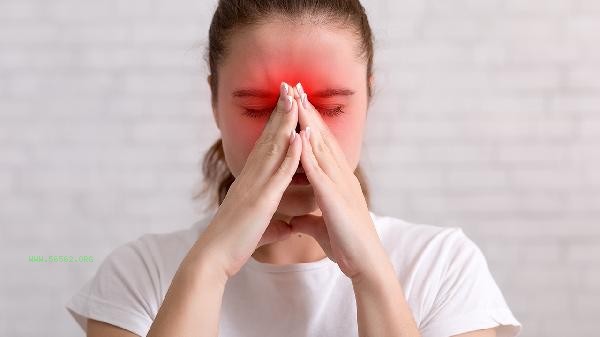
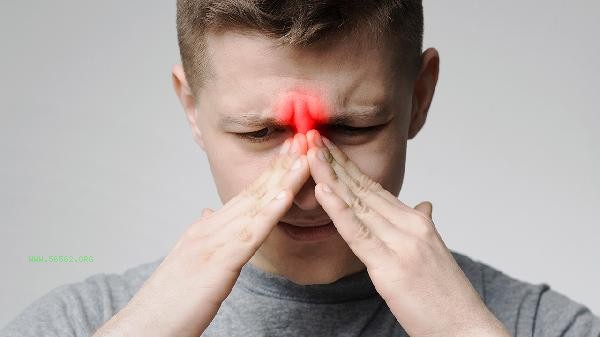
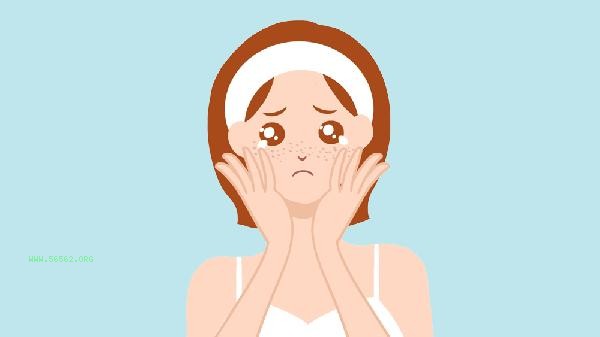



Comments (0)
Leave a Comment
No comments yet
Be the first to share your thoughts!